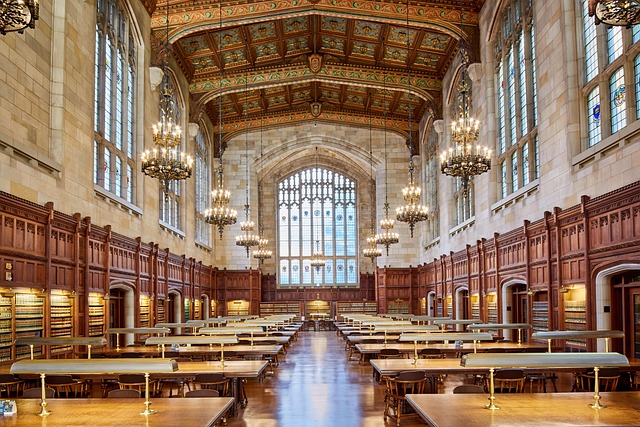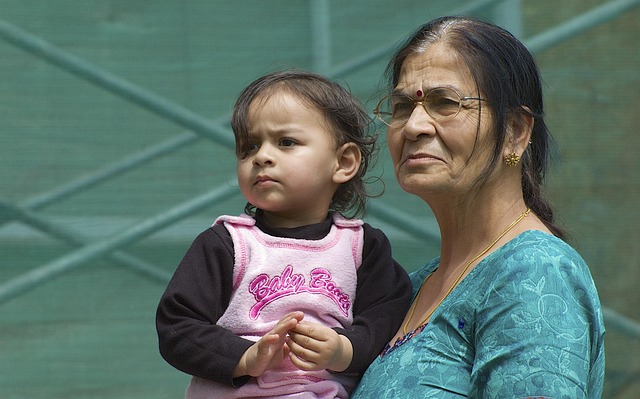In Oregon, grandparent rights are protected by state laws, emphasizing meaningful relationships between grandchildren and extended family. To understand and exercise these rights, grandparents should consult legal professionals who can guide them through the process of filing petitions for visitation or custody, ensuring compliance with Oregon Family Law. This involves researching statutes, case law, and court procedures, with the initial step being a consultation to define desired involvement and file a petition, followed by a court hearing based on the best interests of the child and grandparent's role. Professional family law guidance is crucial due to complex laws and evolving family structures.
In Oregon, protecting grandparent rights is a vital aspect of family law that ensures the well-being and stability of extended families. Understanding your legal standing as a grandparent can be complex, especially when seeking visitation or custody. This article guides you through Oregon family law regarding grandparents, clarifying qualifications, legal processes, common challenges, and offering essential family law guidance. By delving into these topics, we aim to empower parents and grandparents alike in navigating their rights effectively.
- Understanding Grandparent Rights Under Oregon Family Law
- Who Qualifies as a Grandparent in Oregon?
- Legal Process for Establishing Grandparent Rights
- Common Challenges Navigating Grandparent Rights in Oregon
- Seeking Guidance and Support for Your Family Law Matters
Understanding Grandparent Rights Under Oregon Family Law

Understanding Grandparent Rights Under Oregon Family Law
In Oregon, grandparent rights are recognized and protected under state laws, offering a framework for maintaining strong family connections. The Oregon Family Law provides specific guidelines regarding visitation, custody, and other legal aspects related to grandparents. These rights ensure that grandchildren can maintain a meaningful relationship with their extended family members, fostering stability and support within the household.
Navigating Oregon’s family law requires a comprehensive understanding of the laws governing grandparent rights. Grandparents seeking to exercise their legal rights should seek professional family law guidance in Oregon to ensure they are well-informed about their options and responsibilities. This process involves familiarizing themselves with relevant statutes, case law, and court procedures to make informed decisions regarding their involvement in their grandchild’s life.
Who Qualifies as a Grandparent in Oregon?

In Oregon, the definition of a grandparent is crucial to understanding one’s legal rights within the family structure. According to Oregon family law, a grandparent is typically defined as a parent’s parent, which includes biological, adoptive, or step-parents. This straightforward classification forms the basis for various legal protections and rights that grandparents can access under state law.
Understanding one’s place within Oregon’s family law system is essential when navigating issues related to grandparental rights. Whether it’s seeking visitation, custody, or simply recognizing legal rights, knowing who qualifies as a grandparent in Oregon provides a solid foundation for seeking the appropriate family law guidance.
Legal Process for Establishing Grandparent Rights

In Oregon, establishing and protecting grandparent rights involves a specific legal process as outlined under the state’s family law. The first step for Oregon family law grandparents is to understand their desired level of involvement in their grandchild’s life. This decision should be informed by consulting with an attorney specializing in family law guidance to ensure compliance with local regulations. Once clarity is established, the next phase involves initiating legal proceedings to formalize these rights.
This process typically begins with filing a petition in court, outlining the grandparent’s relationship with the child and reasons for seeking visitation or custody. The court will then review the petition and issue notices to all involved parties, including the parents of the grandchild. Subsequently, a hearing is held where both sides present their cases, after which the judge makes a decision based on the best interests of the child and the grandparent’s role in their life, as per Oregon family law.
Common Challenges Navigating Grandparent Rights in Oregon

Navigating grandparent rights in Oregon family law can be complex and fraught with challenges. One of the primary obstacles is the evolving nature of family structures; modern families often include blended households, step-parents, and non-traditional relationships, which can complicate legal definitions of kinship. This complexity is further exacerbated by the strict criteria outlined in Oregon law for establishing grandparent rights, such as specific circumstances requiring a substantial relationship with the grandchild.
Additionally, understanding one’s legal rights under Oregon family law is crucial. Grandparents may face difficulties in recognizing when their rights are being violated or when they require legal advocacy. Access to competent and affordable family law guidance is essential, as navigating the system without professional support can be labyrinthine. Many grandparents also struggle with the emotional aspect of these cases, making it vital to have a supportive network during what can be an arduous process.
Seeking Guidance and Support for Your Family Law Matters

When dealing with complex family law matters in Oregon, seeking guidance and support is essential for ensuring your rights are protected, especially as a grandparent. Understanding Oregon family law can be challenging due to its intricate nature and constant changes. Consulting with an experienced family law attorney who specializes in grandparent rights is a crucial step. They can provide valuable insights into the legal process, help you navigate the complexities, and ensure your case aligns with current Oregon laws.
Family law professionals can offer support tailored to your unique situation, whether it involves custody battles, visitation rights, or establishing legal guardianship. Their expertise enables them to guide families through the labyrinthine aspects of family law, ensuring every decision respects the best interests of all involved, particularly the well-being and connection between grandparents and their grandchildren.














